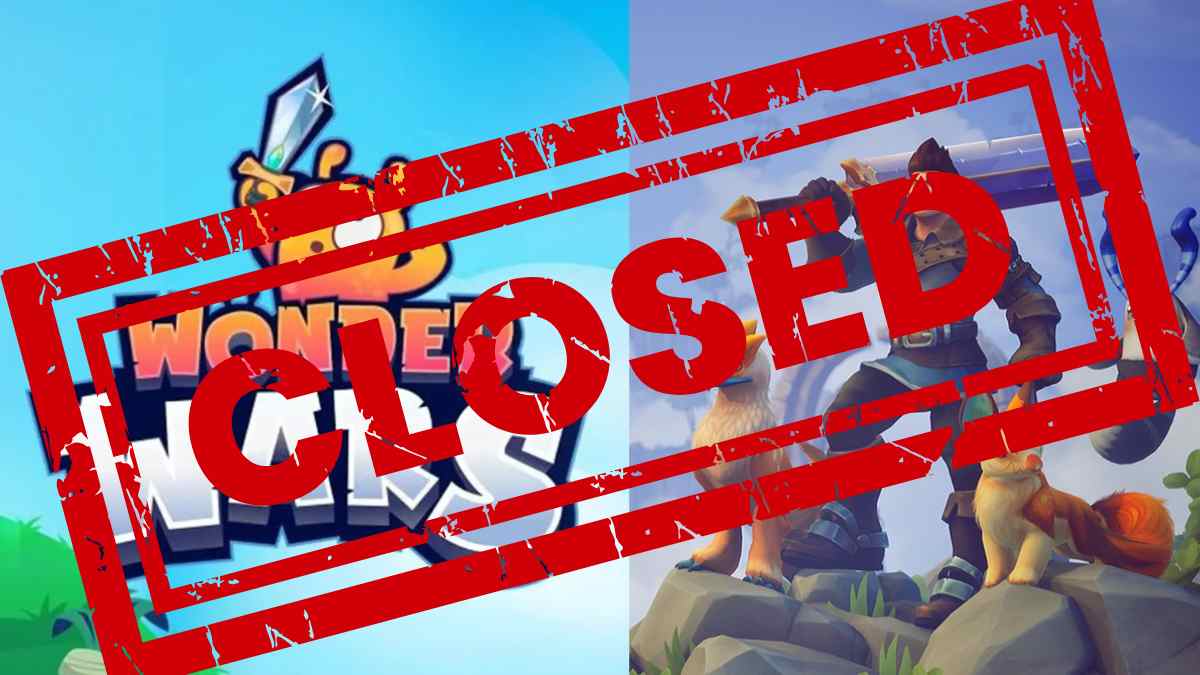Realms of Alurya and Wonder Wars, two Web3 games that promised innovative blends of blockchain mechanics and traditional gameplay, have both been shut down. The developers behind these projects announced that financial support was no longer viable, forcing them to close servers and halt further development.
The closures bring to light the struggles that smaller Web3 titles face when it comes to balancing creative ambition with the realities of funding. For players and watchers of the scene, it’s a reminder that even the most promising projects can be vulnerable if they can’t lock in long-term financial backing.
Challenges Behind the Shutdown
Both Realms of Alurya and Wonder Wars launched with solid concepts: Alurya offered an expansive fantasy world powered by blockchain ownership, while Wonder Wars mixed competitive combat with collectible mechanics. Early interest was strong, driven by the growing excitement around blockchain gaming.
However, as the months went by, maintaining that momentum proved to be a bigger challenge. The costs of ongoing development, marketing, and infrastructure often outpace what early-stage games can bring in. Without enough funding to cover those gaps, the projects were left with no choice but to wind down.
The Role of Blockchain and Player Ownership
For Web3 games like these, blockchain ownership and token economies are big selling points. Players invest not just time but also money in assets that exist beyond the game. But this model also means higher expectations and a need for constant updates to keep players engaged.
The closures show how blockchain’s promise of true ownership and play-to-earn economies can only go so far without steady funding. Players still want games that feel alive and supported, not just marketplaces for tokens.
A Reflection of Broader Web3 Challenges
These shutdowns echo a trend that’s become more visible across the Web3 gaming space. Many projects launch with bold roadmaps and enthusiastic communities, but only a few have managed to create a stable base for long-term development.
For some players, the end of Realms of Alurya and Wonder Wars might feel like another blow to the idea of play-to-earn games. For others, it’s a chance to rethink how these games are funded and what’s really needed to make them last beyond the early hype.
Web3 Analyst & Play Blockchain Games Guide
CryptoKit breaks down Web3 gaming like it’s second nature. From tokenomics to airdrop strategies, she turns blockchain chaos into clear, actionable advice for players who want to win more than XP.




